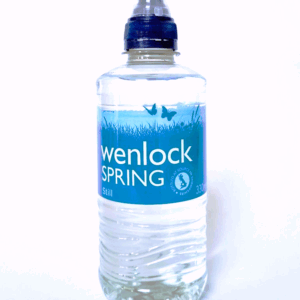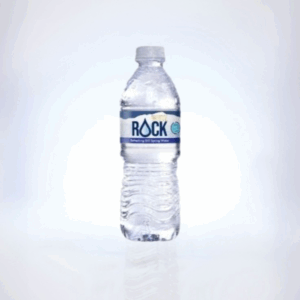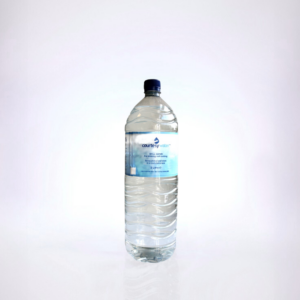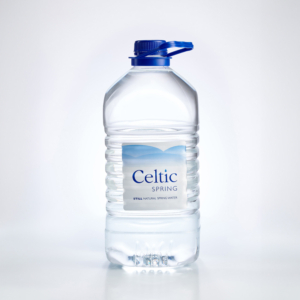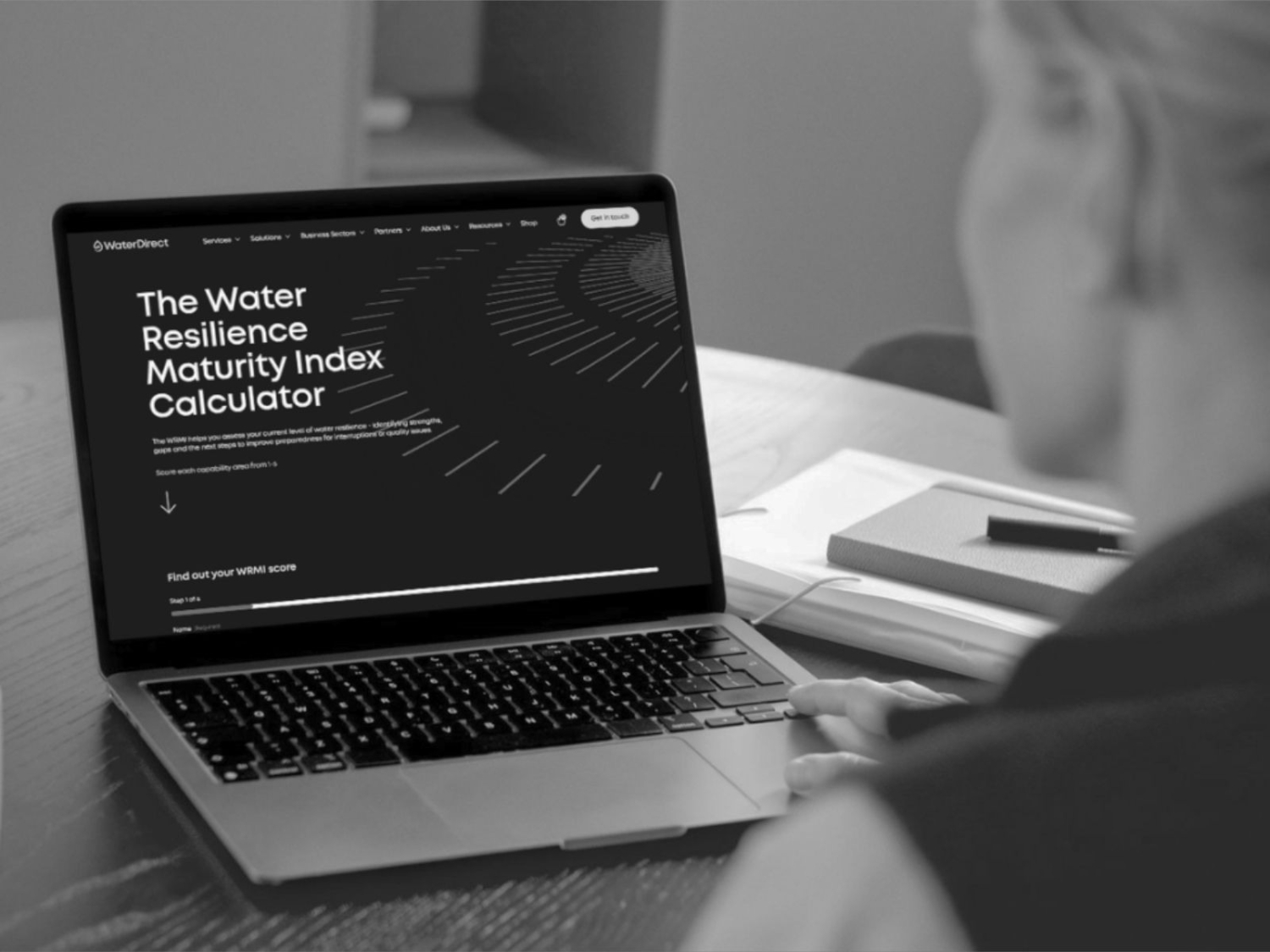
Water Quality Testing: Ensuring Safe, Compliant Drinking Water for Businesses and Sites
Safe, high-quality drinking water is essential in any commercial or industrial environment, whether for employee welfare facilities, catering operations, healthcare settings, or large-scale events. In the UK, businesses have a legal and ethical responsibility to ensure the water they provide meets the quality standards outlined in the Water Supply (Water Quality) Regulations and other industry-specific compliance requirements.
Water quality testing plays a crucial role in protecting public health, preventing operational disruptions, and ensuring compliance with environmental and health regulations.
Why Water Quality Testing Matters for Businesses
For organisations, water quality is not just a matter of taste or appearance, it’s a matter of safety, compliance, and reputation. Contaminated drinking water can cause illness, impact productivity, and, in regulated industries, result in fines or operational shutdowns.
Key reasons to test water quality in commercial and industrial sites include:
- Regulatory Compliance – Meeting UK standards such as the Water Supply (Water Quality) Regulations and sector-specific guidelines.
- Risk Prevention – Identifying potential contaminants before they cause harm.
- Duty of Care – Protecting the well-being of staff, visitors, and customers.
- Operational Continuity – Preventing costly interruptions due to water-related issues.
Key Parameters in Commercial Water Quality Testing
Water testing for business and site applications is far more detailed than a simple taste or odour check. Accredited laboratories test for a wide range of potential contaminants, including:
Microbiological Analysis
- E. coli and coliform bacteria – Indicators of faecal contamination.
- Enterococci – Signs of waterborne contamination within the system.
Chemical Analysis
- pH balance – To prevent corrosion or scaling in pipework.
- Nitrates and nitrites – Controlled to protect health and meet regulatory limits.
- Chlorine residuals – Ensuring disinfection levels remain effective but safe.
- Heavy metals – Lead, copper, and iron, often from ageing infrastructure.
Physical Quality Checks
- Turbidity – Monitoring sediment or suspended particles.
- Colour and odour – Identifying unusual changes that may indicate contamination.
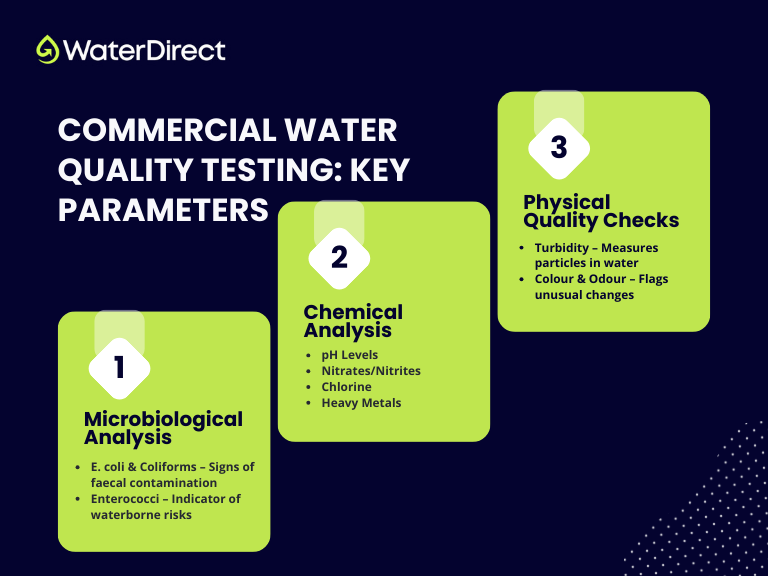
UK Standards and Compliance for Commercial Water Supplies
Drinking water testing in the UK for businesses must meet the Water Supply (Water Quality) Regulations and is overseen by the Drinking Water Inspectorate (DWI) for England and Wales, alongside equivalent bodies in Scotland and Northern Ireland.
Compliance involves:
- Regular water quality monitoring based on site risk assessment.
- Testing for over 50 regulated parameters.
- Immediately investigate if any sample fails.
For businesses, this means ensuring that any water supplier they work with is operating to these standards.
When Businesses Should Test Water Quality
Testing water quality is not a one-off task, it should be part of a structured monitoring plan. Common scenarios include:
- Before commissioning new water systems or tanks
- Following system maintenance or repair work
- Regular scheduled testing in high-risk environments (e.g., healthcare, food production)
- After a water supply interruption or contamination incident
- For sites using private water supplies or storage tanks
While some industries test more frequently than others, what matters most is that businesses only procure water from suppliers who can evidence that these measures are already in place.
How Often Should Businesses Test Their Water?
The required frequency depends on:
- Nature of operations – Food production, healthcare, or hospitality may require more frequent testing.
- Size of the network – Larger sites with complex pipe systems may need additional monitoring points.
- Water source – Mains-fed sites often test less frequently than those using private supplies or stored water.
Many commercial operations schedule drinking water testing quarterly or biannually as part of routine water hygiene management.
How Water Quality Testing is Carried Out
Across the UK, professional water testing typically follows a structured process to ensure results are accurate and defensible. While businesses may arrange this independently through accredited laboratories, what matters most is that any water supplier they partner with applies the same rigour to safeguard quality. Standard procedures usually involve:
- Site Assessment – Identifying appropriate sampling points and areas of potential risk.
- Sample Collection –Using sterile containers and chain-of-custody documentation to maintain integrity.
- Laboratory Analysis – Accredited laboratories conduct microbiological and chemical testing in accordance with regulatory limits.
- Reporting and Compliance Review – Results are compared against standards, with remedial recommendations provided where necessary.
Water Direct’s Approach to Water Quality
We recognise how critical water quality is for our customers. While we are not a water testing provider, every litre of water we deliver has undergone rigorous testing and monitoring to ensure it is safe for use.
Our procedures, as a reliable emergency water supplier, include:
- Regular sampling and compliance checks at source.
- Quality assurance processes at the point of delivery.
- Strict adherence to the Water Supply (Water Quality) Regulations.
- Transparent records to demonstrate compliance when needed.
This means our customers can rely on the fact that their water is not only safe but also fully compliant with UK standards.
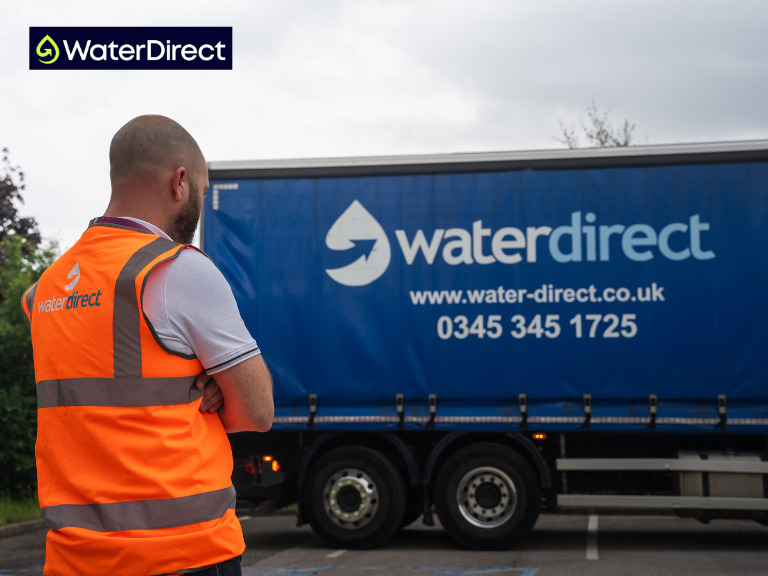
Conclusion
Safe, compliant drinking water is essential for every commercial and industrial site. While businesses may carry out their own testing depending on their sector, it is equally vital to work with suppliers that follow rigorous water quality assurance processes.
At Water Direct, we guarantee that every delivery meets UK standards at the point of supply, making us a dependable alternative water supplier for businesses that need to protect health, stay compliant, and avoid costly disruptions.
FAQs
Do all commercial sites need water quality testing?
Yes. Any business providing water for drinking or food preparation must ensure it meets UK standards.
What happens if a water test fails?
Immediate remedial action may be required, such as flushing, chlorination, or replacing infrastructure.
Which industries require the most frequent testing?
Healthcare, food manufacturing, and hospitality sectors typically have the highest testing requirements.
Share:
